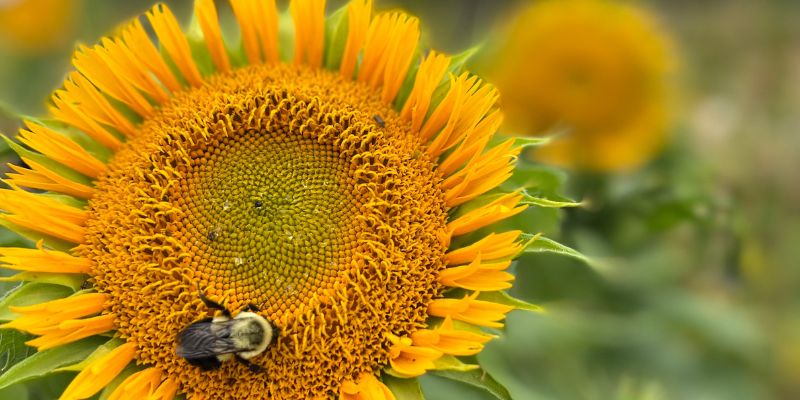When the Associated Press shared an article all over the world about Fruition’s transformation from selling to sharing seeds, we received a flood of emails asking how to receive our ‘free’ seeds.
Of course we did:
In a world where dollars purchase both dinner and dignity, when a coffee shop offers free coffee, we all stand in line.
At first glance, it seems Fruition’s seeds have no price tag.
And ‘zero dollars’ means free, right?
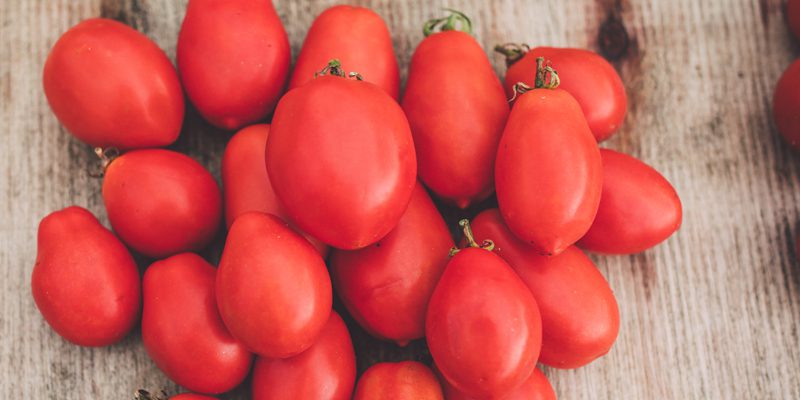
Let’s Step Back
Imagine harvesting a sumptuous slicing tomato in August, warm in the sun. Soft fruit falls off the vine, sweet and heavy in your hand:
What a gift.
How might we possibly say and live thank you?
Let’s savor this tomato, certainly.
And we cannot also help but wonder:
Does the tomato expect $4 from us? Immediately? Or Ever?
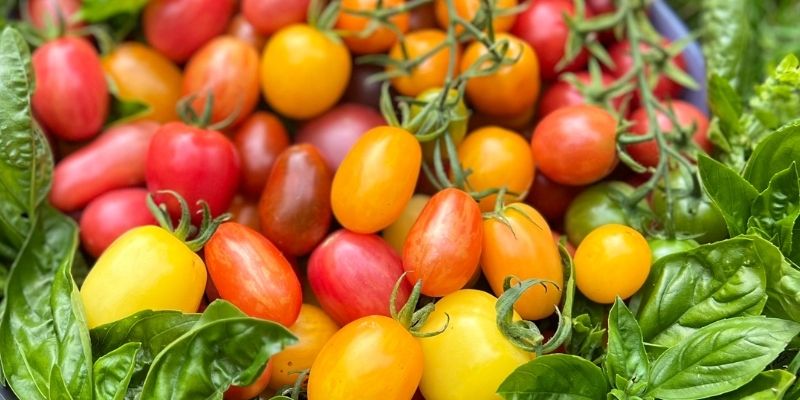
If not, is the tomato ‘free,’ worth zero dollars?
Can dollars even begin to describe the nourishment, connection and meaning tomatoes share with us?
How do we begin to thank the world for the gifts of the world?
As we listen to the whispers in the breeze through the grass, the cricket choir around ripening tomatoes we feel:
Life is a gift and seeds are alive, gifts of the earth.
Thanks for joining us as we explore how to put words to this deep sense and delicious paradox:
The Gift Isn’t Free
Robin Wall Kimmerer, author of Braiding Sweetgrass, helps us remember in her luminous essay, The Serviceberry:
“To name the world as gift is to feel one’s membership in the web of reciprocity. It makes you happy—and it makes you accountable. Conceiving of something as a gift changes your relationship to it in a profound way, even though the physical makeup of the “thing” has not changed. A woolly knit hat that you purchase at the store will keep you warm regardless of its origin, but if it was hand knit by your favorite auntie, then you are in relationship to that “thing” in a very different way: you are responsible for it, and your gratitude has motive force in the world. You’re likely to take much better care of the gift hat than the commodity hat, because it is knit of relationships. This is the power of gift thinking. I imagine if we acknowledged that everything we consume is the gift of Mother Earth, we would take better care of what we are given. Mistreating a gift has emotional and ethical gravity as well as ecological resonance.
How we think ripples out to how we behave. If we view these berries, or that coal or forest, as an object, as property, it can be exploited as a commodity in a market economy. We know the consequences of that.
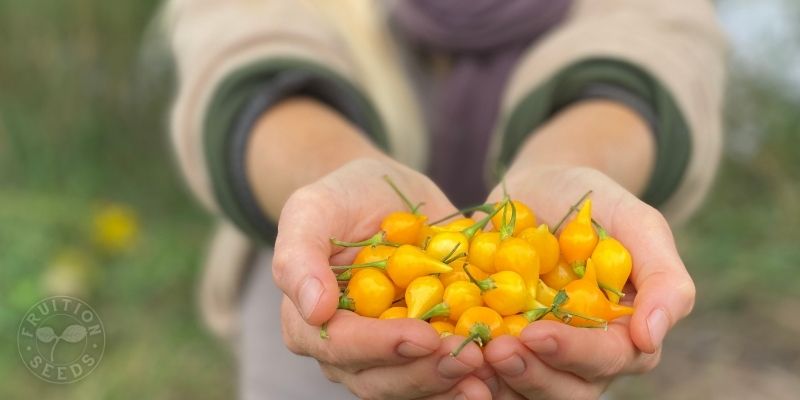
If our first response is gratitude, then our second is reciprocity: to give a gift in return. What could I give these plants in return for their generosity? It could be a direct response, like weeding or water or a song of thanks that sends appreciation out on the wind. Or indirect, like donating to my local land trust so that more habitat for the gift givers will be saved, or making art that invites others into the web of reciprocity.
Gratitude and reciprocity are the currency of a gift economy, and they have the remarkable property of multiplying with every exchange, their energy concentrating as they pass from hand to hand, a truly renewable resource. I accept the gift from the bush and then spread that gift with a dish of berries to my neighbor, who makes a pie to share with his friend, who feels so wealthy in food and friendship that he volunteers at the food pantry. You know how it goes.”
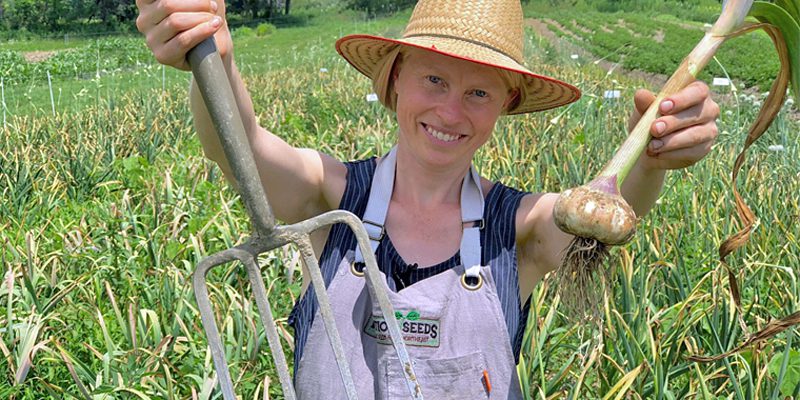
Friends, as we share seeds and so much more in the seasons to come, together we’ll be cultivating the culture of gift and reciprocity, of giving and receiving beyond ledgers, of transforming our connection beyond transaction. We all have needs and might we, like the tomatoes we nourish, trellis and tend, trust that even our needs are gifts, making the fruits we share with each other all the more sweet?
If you have a need for seeds, we’re honored to grow and share regionally adaptive seeds with you, our wide and beloved community. Here is how you can weave into our current seed gifting practice!
In our living, loving, giving and receiving, we aim to nourish so much more than our bodies and gardens. We share our relational, material and financial needs here, trusting us all to keep (un)learning that reciprocity needs to be direct and immediate. Truly, when you receive seeds from us and simply know receiving them is thanks enough, together we are growing the future we all dream of.
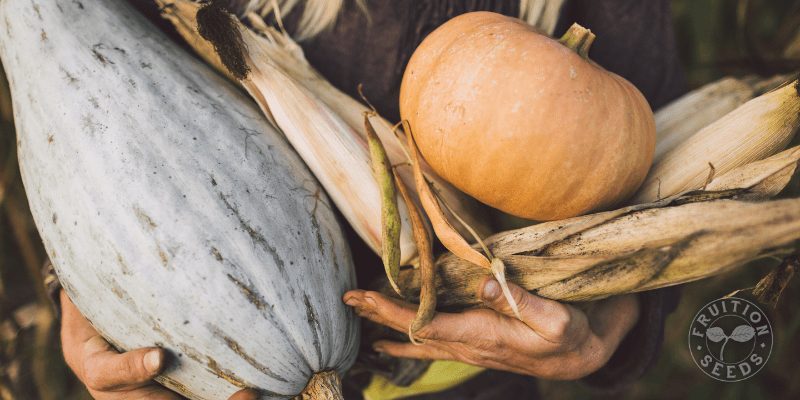
Breaking the Spell
Can you imagine?
A world where no one holds debt, where no one lives paycheck to paycheck, where your worth and ability to nourish yourself isn’t tied to ‘earning’ a living?
The power of market economy casts a vast spell on our modern minds, making it impressively challenging to imagine much less live into anything different.
Once our dear friend Adam Wilson shares exquisite writings from his explorations of growing food and ‘feeding anyone who is hungry for any reason,’ refusing to sell the gifts of the land. His project and prayers from Sand River Community Farm in the Adirondacks of New York “attempt to offer every human who steps foot upon her sandy soil an hour or two reprieve from being a consumer.”
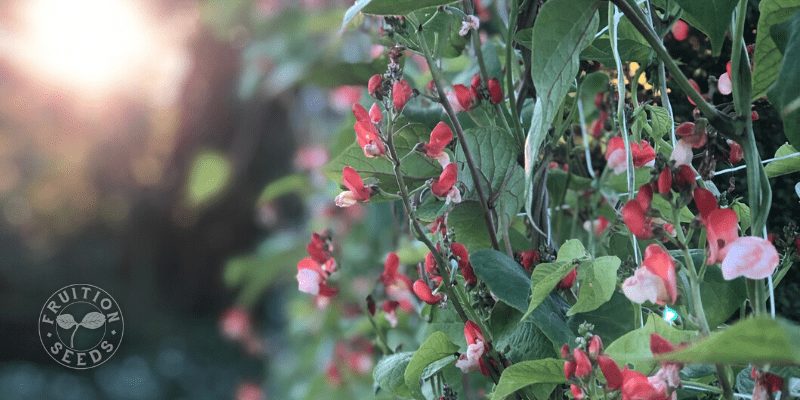
Earlier this summer, he shared a powerful story of his being invited to be included on a local farm tour. When Adam realized the farm tour cost money for the attendees, he reached out to the organizer, concerned.
“At one point during our conversation, the man on the phone says to me, “Boy, I really wish all of our tours could be free, but unfortunately we have real expenses to cover.”
“I don’t wish for your tours to be free,” Adam replied. “I wish for them to be a gift, and for the people who engage your work to start inundating your office with flowers, cookies, envelopes with money in them, offers to help stuff your mailings, and so on. I wish for you, your coworkers and the corner of the culture cloth you uphold, to be sustained in much deeper, more creative and ongoing ways.”
Adam’s response resonates so deeply with us as countless people, so caring and kind, have reached out to us concerned about how Fruition will continue to exist as we cease to sell seeds and insist on gifting them. It is not charity we ask for but the care, connection and love we feel for each other to animate our giving and receiving to the extent that we feel we receive when we receive, and give when we receive.
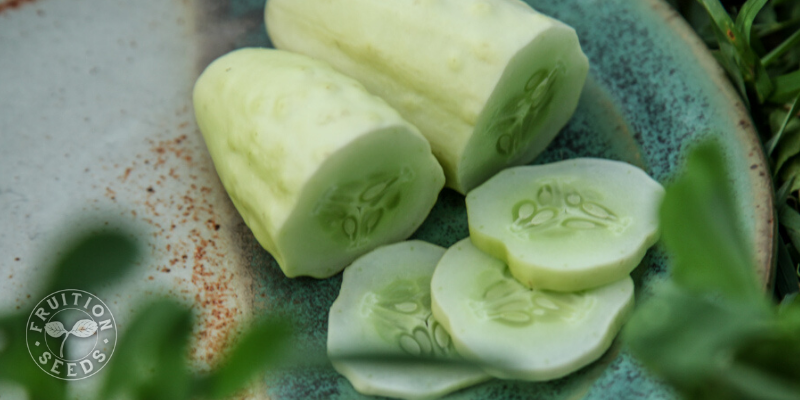
Imagining welcoming the paid tour to his farm, Adam writes:
“When that tour group walks up the driveway this summer, I am going to do everything I can to allow this place to begin her spell breaking work despite the fact that they will have already purchased a ticket. I will begin by telling them a bit of this story and then ask them to leave their phones in their pockets for the duration of their stay. Instead of “taking” pictures, I will invite them to listen deeply for the song of the place and labor to craft a story to tell their partner or grandchildren about the Farm when they get back home. I will invite them to keep this place in mind by keeping it alive on their tongues. The way we tell the story of what it means to be human changes everything.”
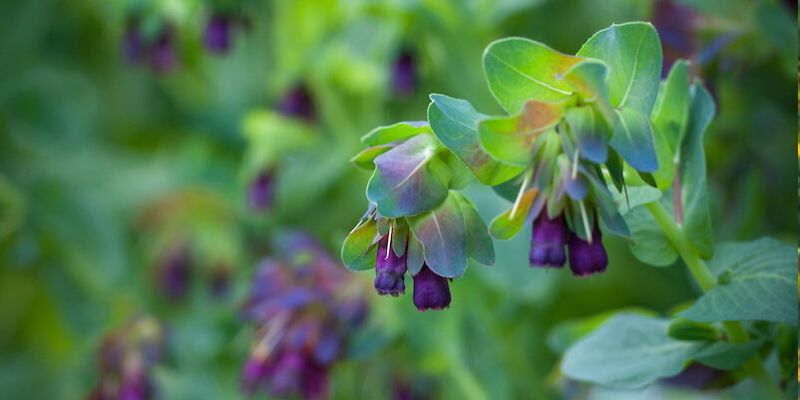
Seeds are Gifts
It’s true, though Fruition’s seeds are now ‘free,’ they are not value-less. With immense labor and love we grow and share them as gifts for you and for us all, so if you must think of them as free, think of them as in Fannie Lou Hamer:
“None of us are free until all of us are free.”
So no, our seeds are not ‘free,’ though they may set us free.
And Friends, make no mistake: We’re beyond honored to share seeds as an embodied gift-sharing practice with you. And trust us when we say: We don’t need dollars so much as we hunger for relationships woven in reciprocity.
For years to come we will gather on the farm and far beyond to give thanks, grieve the many ways we’ve forgotten to give thanks and remember together how to sow in ourselves the seeds of gratitude and reciprocity, in gardens and in our world.
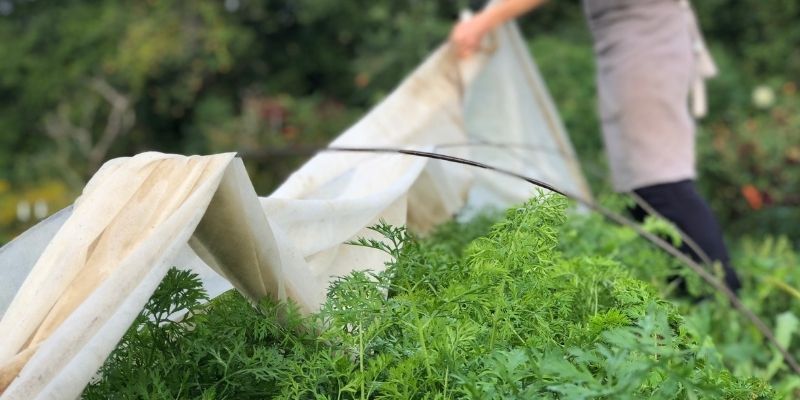
Growing Gratitude Beyond Market Economy: How to thank Fruition & keep the gift moving
Friends, we need each other.
And, more than ever:
We need YOU!
As we step into sharing rather than selling seeds, learning to uncouple our needs with our ‘perceived market value,’ we are committed to sharing our needs in clear, honest, creative and widely accessible ways.
And Friends, we need you to both receive seeds as well as support our continued seed sharing in any way(s) feel generative and joyful for you, if and only as you are called.
Hop into our blog, Growing Gratitude Beyond Market Economy: How to thank Fruition & keep the gift moving, to learn more about Fruition’s relational, material and financial needs and how to trust the non-linear essence of the gift. We do not expect to be immediately or directly ‘compensated’ for our ‘work’ as market economy has instilled.
Take a deep breath. Know you are enough. Breathe out.
And Friends, take a peek at our events calendar to join us for land tending and seed gifting experiences on the farm and beyond…
…and if you’d love to host or otherwise collaborate with us, let us know here.
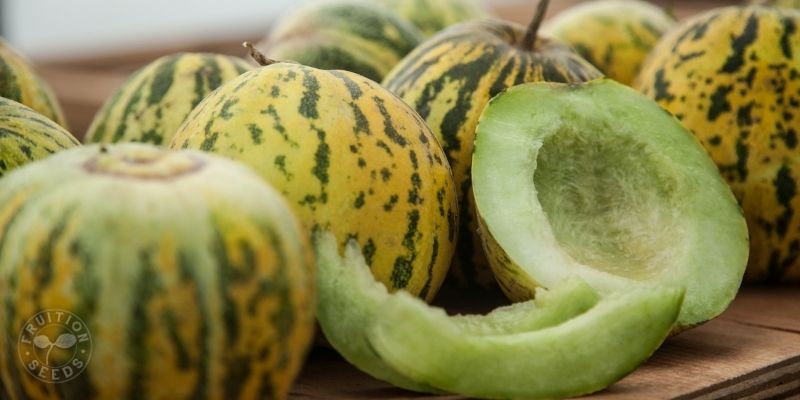
And Friends, if you still have questions about what is happening at Fruition, what does this mean and how will it work, know we have questions, too!
If seeds have taught us anything, it’s this:
Every tiny seed lives a thousand deaths to become every luscious tomato, apple and oak.
There is much we are shedding as we cross this threshold together, learning to trust that are we are gifts and indeed even our needs are gifts for ourselves and everyone around us.
“The pitcher cries out for water to carry / and the person for work that is real,” writes Marge Piercy in her luminous poem, To Be of Use.
Friends, thank you for being the water crying out as well as the pitcher.
As we sow new worlds as a community, we are held so well by pitchers more spacious than modernity’s imagination.
Together, we’re practicing trust that our needs are gifts.
And that our receiving is giving.
Sometimes it will feel a breeze, other times we’ll wallow in the mire, fumbling for coffee…
…and where’s the free coffee?
By all means, get in line!
Our seeds may not be free like that coffee, though the freedom they’re teaching us cannot be bought, sold or found in a shop of any kind: it’s everywhere within and around us.
Can you feel it?
Thanks for growing with us in all the ways, Friends ~
Sow Seeds & Sing Songs,

and the Many Beings of Fruition
